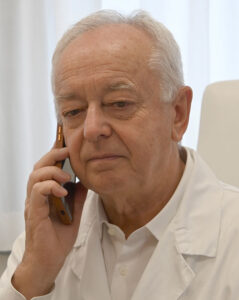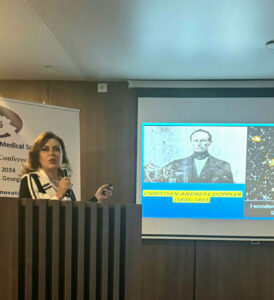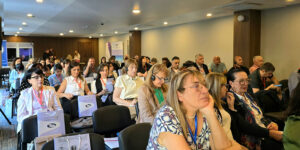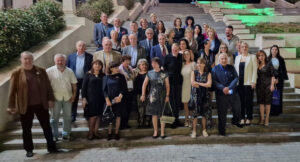By Bermet Nurbekova
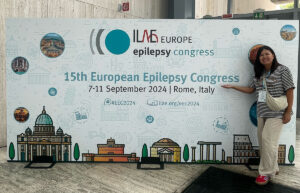
Bermet Nurbekova at the European Epilepsy Congress.
I am deeply grateful for the Junior Traveling Fellowship Grant provided by the World Federation of Neurology (WFN), which enabled me to attend the 15th European Epilepsy Congress. There, I presented my abstract, titled “Convulsive Syndrome First Aid: A Comparative Analysis of Dental and General Medicine Faculty Students’ Knowledge.”
This research was instrumental in identifying significant gaps in the understanding of first aid for convulsive syndromes between students from dental and general medicine faculties. The findings prompted revisions to the student curriculum, ensuring a more comprehensive and practical education on epilepsy and seizure management.
I was honored to represent Kyrgyzstan as the sole participant from my country. Attending the event, Sept. 7-11 in Rome, Italy, allowed me to connect with neurologists and epilepsy specialists from around the globe. Although I established connections with many professionals, I particularly strengthened ties with colleagues from Uzbekistan and Kazakhstan. These connections have laid the groundwork for potential regional collaborations on research and educational initiatives.
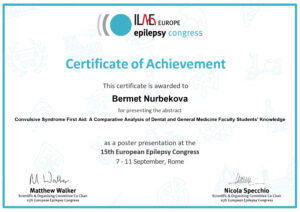 The conference sessions provided me with invaluable insights into the latest advancements in epilepsy research, diagnostics, and treatment approaches. Several key takeaways have already informed my clinical practice and ongoing research projects, enhancing the quality of care I provide to my patients. The event also served as a source of great inspiration, motivating me to participate in future international conferences to continue broadening my knowledge and professional network.
The conference sessions provided me with invaluable insights into the latest advancements in epilepsy research, diagnostics, and treatment approaches. Several key takeaways have already informed my clinical practice and ongoing research projects, enhancing the quality of care I provide to my patients. The event also served as a source of great inspiration, motivating me to participate in future international conferences to continue broadening my knowledge and professional network.
Upon my return to Bishkek, I delivered a presentation to the Neurological Association of Bishkek, sharing the key findings and innovative practices I learned at the conference. The presentation sparked meaningful discussions and encouraged the integration of updated approaches in our local practice.
Once again, I deeply appreciate this incredible opportunity and your support, which has significantly contributed to my professional growth. •
Bermet Nurbekova is an assistant in the neurology and clinical genetics department at I.K. Akhunbaev Kyrgyz State Medical Academy in Bishkek, Kyrgyzstan.
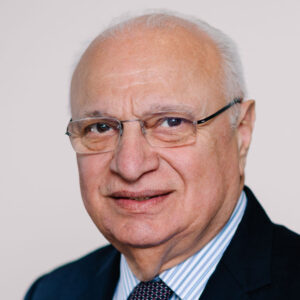
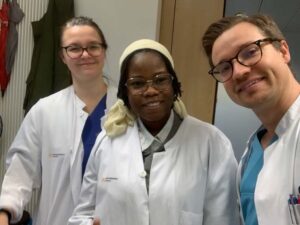
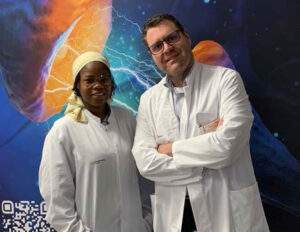 I attended a botulinum toxin injection session, and I saw the apomorphine pump — a second line treatment for Parkinson’s disease management — for the first time.
I attended a botulinum toxin injection session, and I saw the apomorphine pump — a second line treatment for Parkinson’s disease management — for the first time.
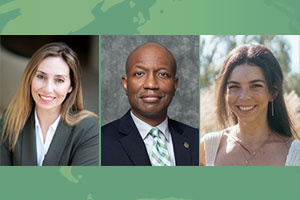
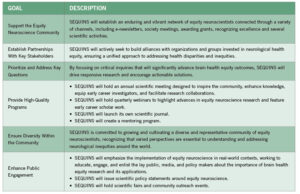

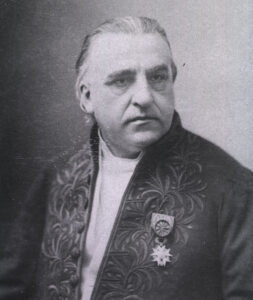
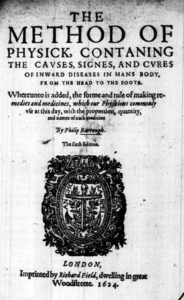
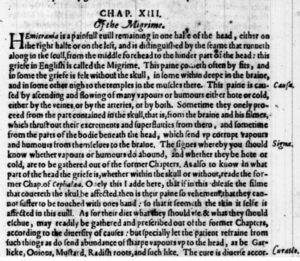
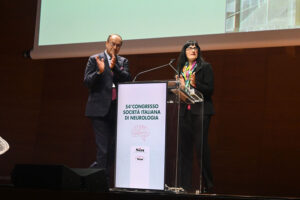
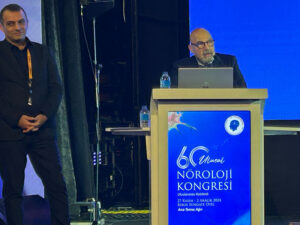
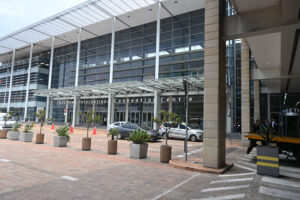
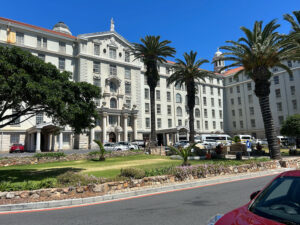
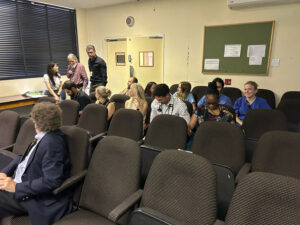
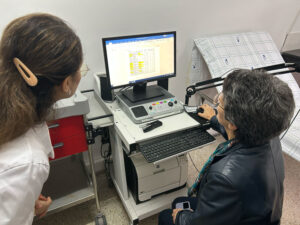
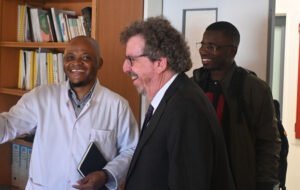
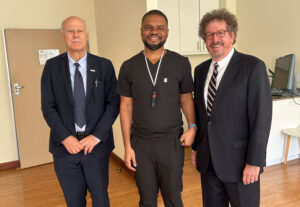
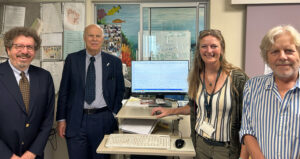
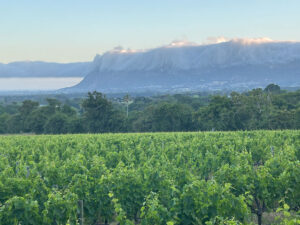
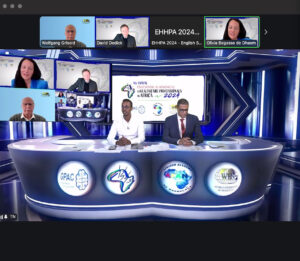
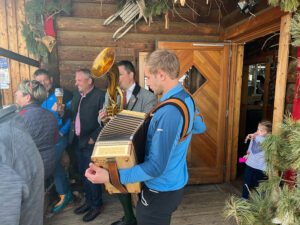
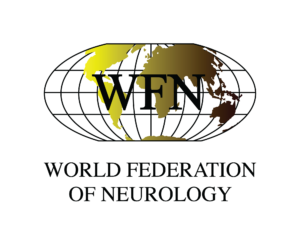 By Wolfgang Grisold, WFN president, and Laura Druce, WFN CEO
By Wolfgang Grisold, WFN president, and Laura Druce, WFN CEO